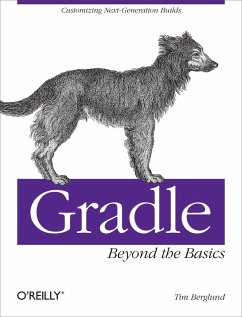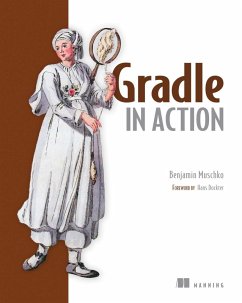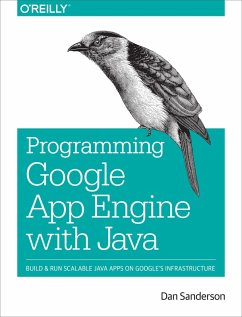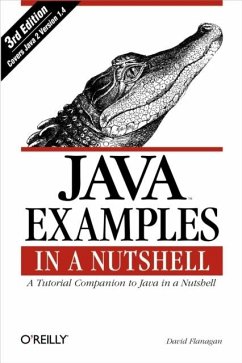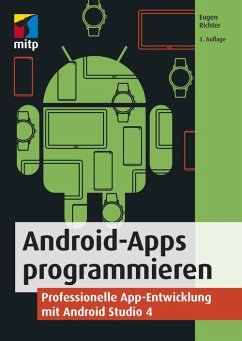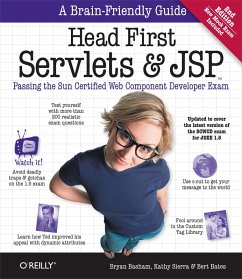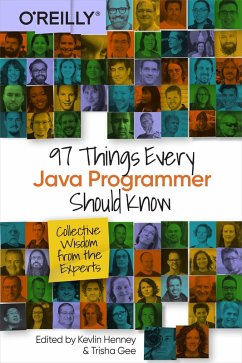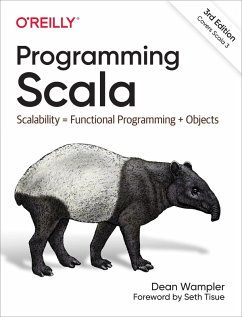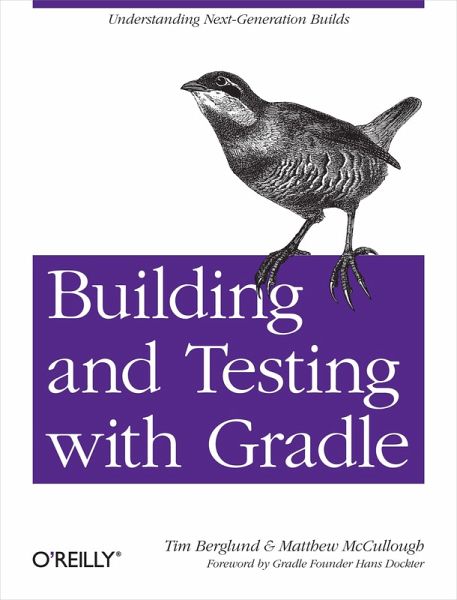
Building and Testing with Gradle (eBook, ePUB)
Understanding Next-Generation Builds

PAYBACK Punkte
5 °P sammeln!
Build and test software written in Java and many other languages with Gradle, the open source project automation tool thats getting a lot of attention. This concise introduction provides numerous code examples to help you explore Gradle, both as a build tool and as a complete solution for automating the compilation, test, and release process of simple and enterprise-level applications.Discover how Gradle improves on the best ideas of Ant, Maven, and other build tools, with standards for developers who want them and lots of flexibility for those who prefer less structure.Use Gradle with Groovy,...
Build and test software written in Java and many other languages with Gradle, the open source project automation tool thats getting a lot of attention. This concise introduction provides numerous code examples to help you explore Gradle, both as a build tool and as a complete solution for automating the compilation, test, and release process of simple and enterprise-level applications.Discover how Gradle improves on the best ideas of Ant, Maven, and other build tools, with standards for developers who want them and lots of flexibility for those who prefer less structure.Use Gradle with Groovy, Clojure, Scala, and languages beyond the JVM, such as Flex and CGet started building a simple Java program using Gradle's command line tooling and a small build scriptLearn how to configure and construct tasks, Gradle's fundamental unit of build activityTake advantage of Gradle's integration with AntUse Gradle to integrate with or transition from Maven, and to build software more cleanlyPerform application unit and integration tests using JUnit, TestNG, Spock, and Geb
Dieser Download kann aus rechtlichen Gründen nur mit Rechnungsadresse in A, B, BG, CY, CZ, D, DK, EW, E, FIN, F, GR, HR, H, IRL, I, LT, L, LR, M, NL, PL, P, R, S, SLO, SK ausgeliefert werden.




